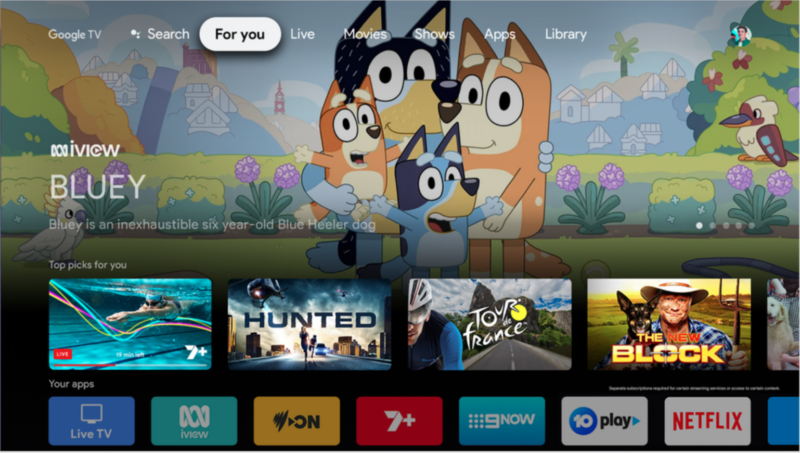Networks urge government to protect free-to-air TV against ‘huge global players’
Australia’s free-to-air networks have reiterated the need for the government to protect free Australian television services from the proliferation of paid streaming services on smart TVs.
The campaign, “Don’t Let Big Tech Take Your Free Away”, was launched this week by the Free TV Australia collective, with a series of TV ads on all commercial free-to-air television networks, highlighting the need for legislation to ensure people can easily find their local free TV channels.



As the owner of my TV will I still be able to edit the Home Screen and delete the FTA Apps?
I’ll tell you what would help the FTAs versus the ‘huge global players’.
Instead of reducing local production, stories, acting etc. and buying cheap overseas shit (that may technically partially qualify as local production) support quality Australian stories and production.